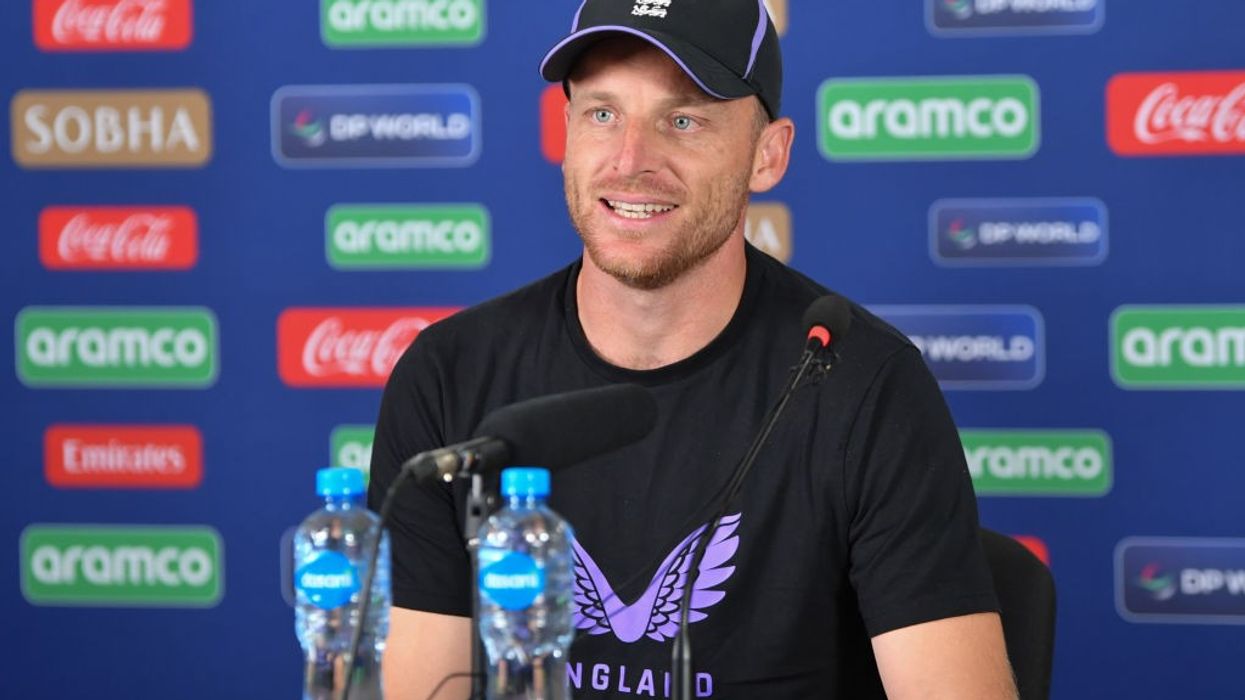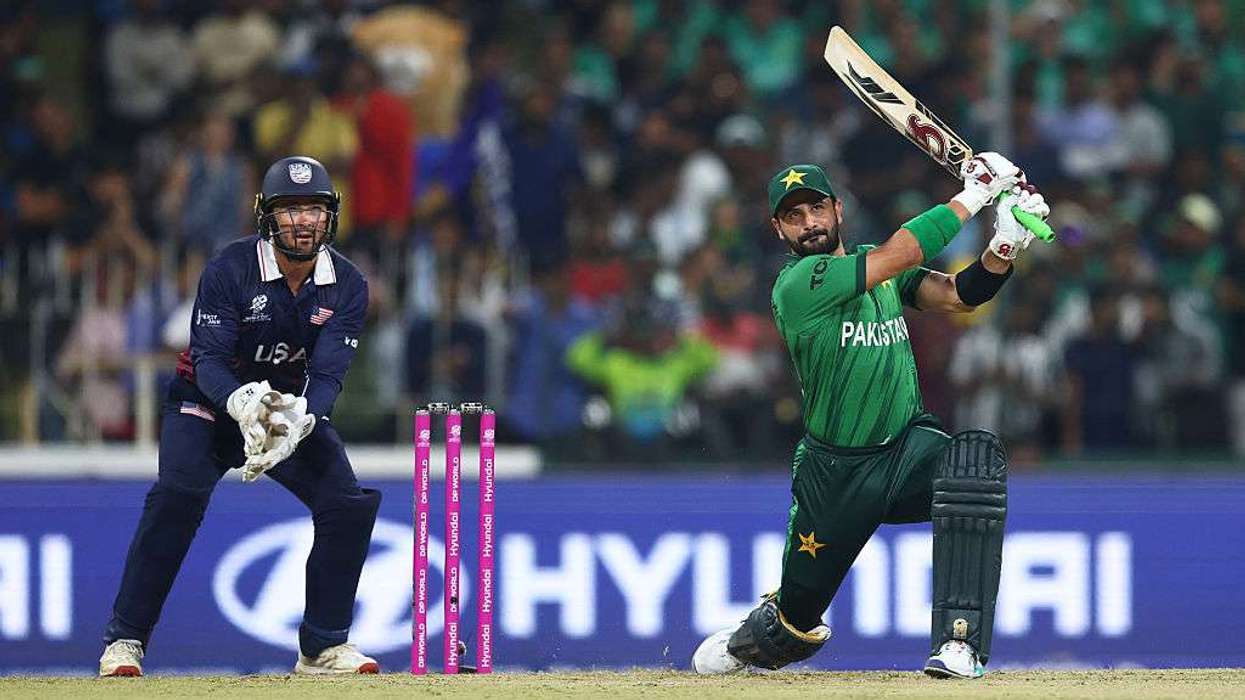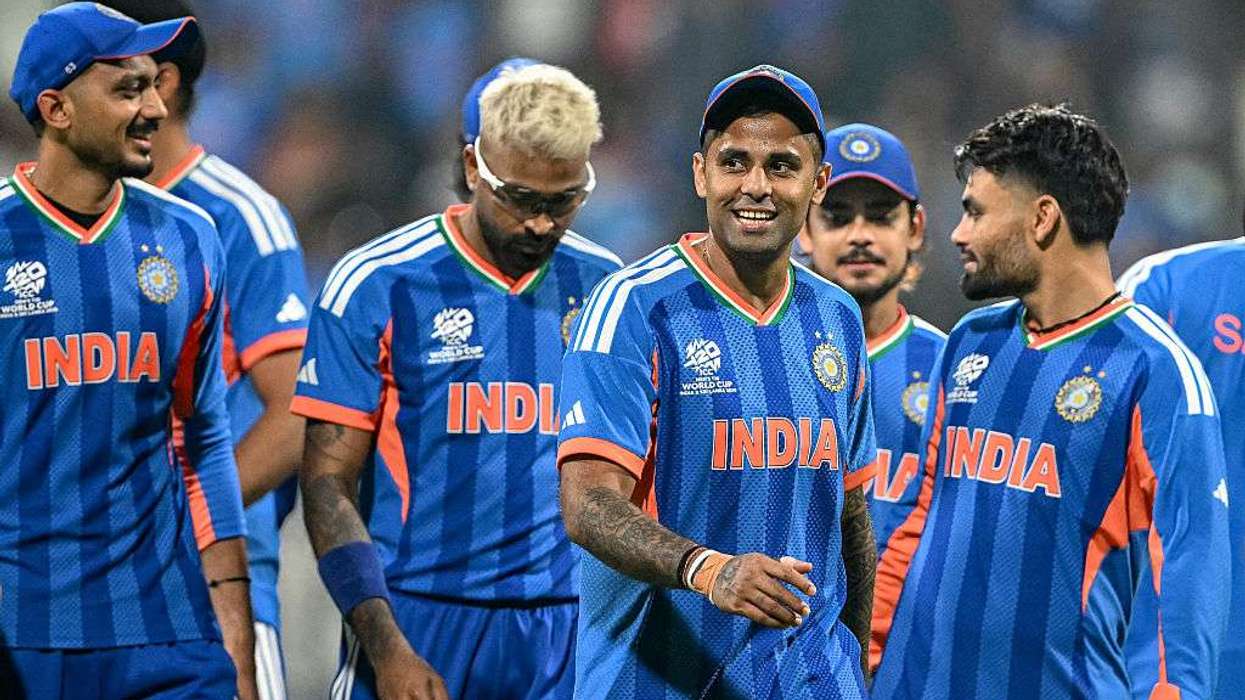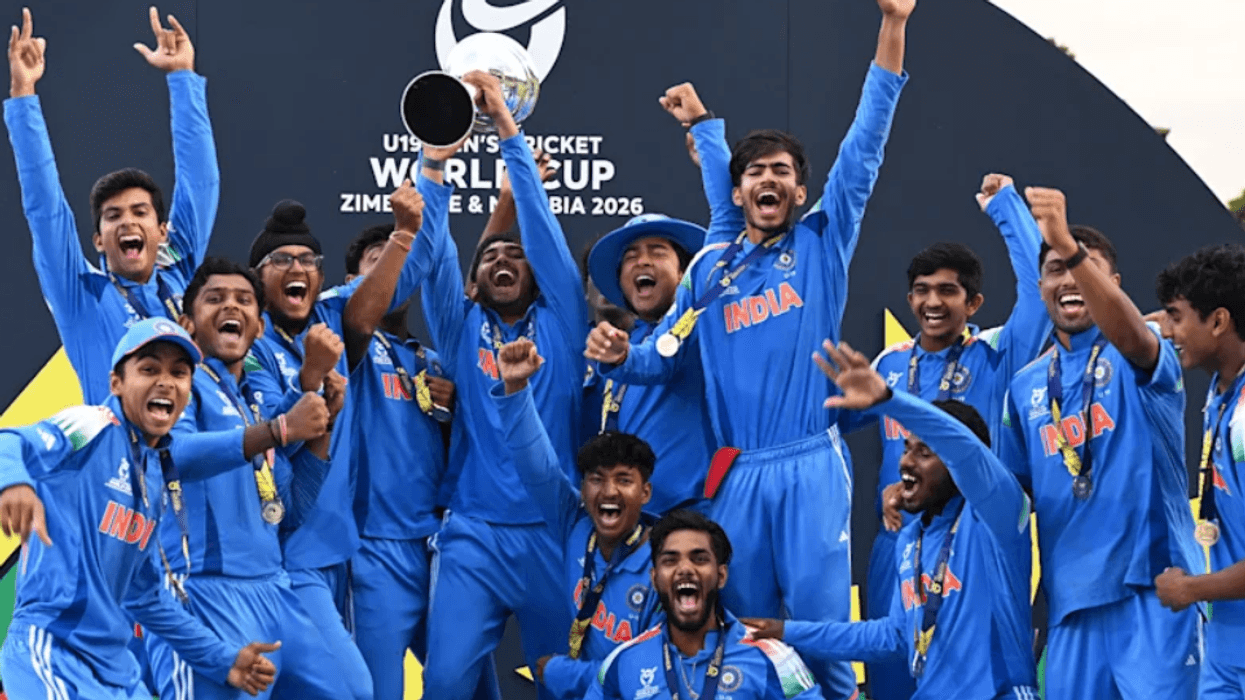ENGLAND batter Jos Buttler stepped down as the country's limited-overs captain on Friday (28), days after their group stage exit from the ICC Champions Trophy.
After a five-wicket defeat by Australia in their Champions Trophy opener, England were eliminated on Wednesday (26) following their eight-run loss against tournament debutants Afghanistan in Lahore, Pakistan.
"I'm going to stand down as England captain. It's the right decision for me," Buttler told reporters in a press conference ahead of Saturday's (1) match against South Africa.
"It's the right decision for the team and hopefully somebody else who can come in and work closely alongside Baz (coach Brendon McCullum) to take the team back to where it needs to be.
"... this tournament was going to be important result-wise for my captaincy and obviously two losses and being out of the tournament, and with a bit of a hangover of some tournaments before, I just probably reached the end of the road for me and my captaincy, which is a shame. I'm sad about that."
Buttler, who had earlier said he would consider his future as England's skipper but would not make any emotional decisions, has overseen 22 losses in 34 One-Day Internationals since succeeding the retired Eoin Morgan in June 2022.
The 34-year-old had led England to their second Twenty20 World Cup title in 2022, but their performances have dipped since then with the side failing to retain their T20 or ODI World Cup crowns.
Last year, Australian coach Matthew Mott stepped down after England's T20 World Cup semi-final exit against eventual champions India with former New Zealand captain Brendon McCullum tasked with reviving the country's limited-overs fortunes.
Buttler has led England in 44 ODIs, with a record of 18 wins, 25 defeats and one no result. In T20 internationals he captained the team to 26 wins, 22 defeats and three no results in his 51 matches in charge.
In a Daily Mail column, former England captain Nasser Hussain singled out batter Harry Brook as Buttler's possible replacement.
Brook captained England in the ODI series against Australia in September and is vice-captain at the Champions Trophy.
The team exited in the semi-final of last year's T20 World Cup and recently suffered a 3-0 ODI whitewash in India ahead of the Champions Trophy.
The India series was coach McCullum's first white-ball assignment after enjoying success in the Test role with captain Ben Stokes.
(Agencies)





